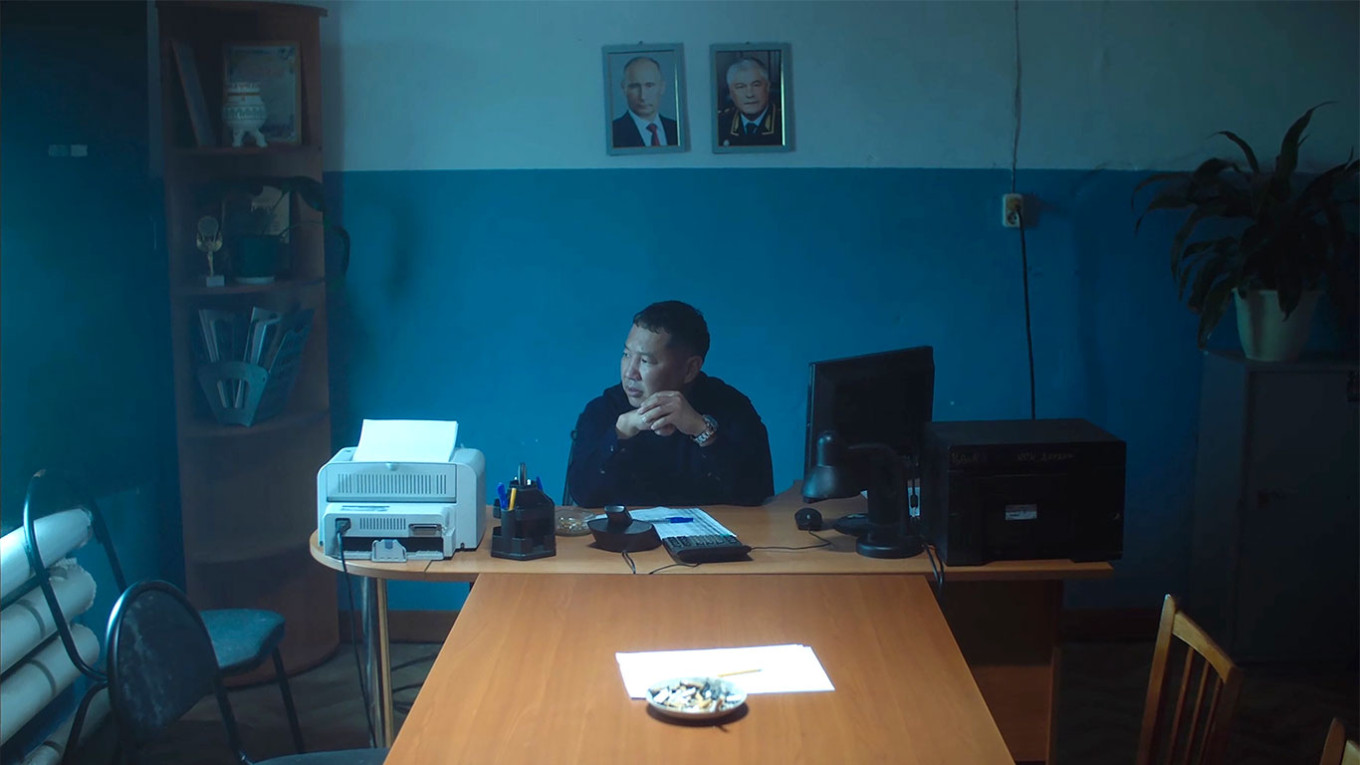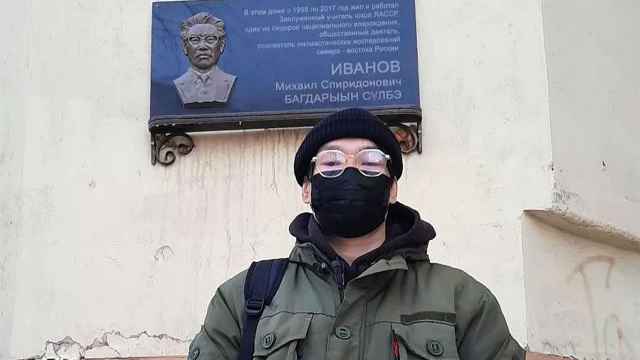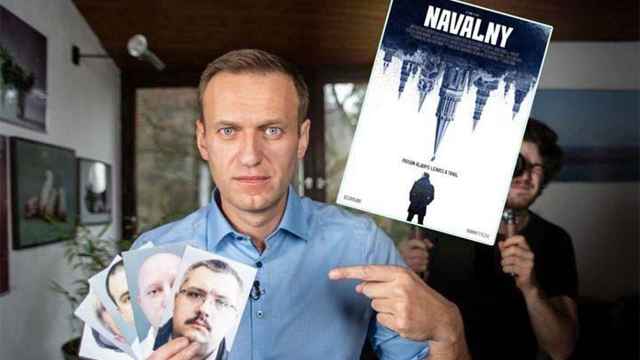A public row has erupted over the Russian government's decision to ban an ethnic Yakut film from online streaming platforms over claims of nationalism.
"Ayta" became the highest-grossing film ever in the Far East republic of Sakha (Yakutia), raking in more than 26 million rubles ($275,000) at the box office after its premiere in March.
The award-winning thriller centers around tensions between villagers in Sakha and an ethnic Russian police officer wrongfully accused of raping and killing an ethnic Yakut teen.
Russia’s media regulator Roskomnadzor earlier this month ordered streaming platforms to remove “Ayta” due to its “destructive information that contradicts the principles of unity among the peoples of Russia.”
“The film demonstrates inequality based on nationality,” the regulator said, adding that “positive aspects of characters belonging to one nationality are contrasted with the pointedly negative traits of characters belonging to another.”
On Friday, Sakha’s weekly publication Yakutsk Vecherniy ran the headline “Roskompozor” on its front page — a play on words that combines the media watchdog’s title with the Russian word for “shame.”
High-profile Yakut figures interviewed by Yakutsk Vecherniy all expressed hope that Roskomnadzor would ultimately overturn its own ban.
“It feels like the officials just didn’t see the movie or didn’t finish it,” the publication wrote.
“Ayta’s” director Stepan Burnashev argued that Roskmonadzor mistook the film’s plot for an expression of separatism.
“The story is in fact about the division of people into ‘us’ and ‘them’ that can lead to tragedy,” Burnashev told the Russian business daily Vedomosti.
Sakha’s Culture Minister this week said he hoped Roskmonadzor would reconsider its ban but declined to openly challenge the federal agency.
A Message from The Moscow Times:
Dear readers,
We are facing unprecedented challenges. Russia's Prosecutor General's Office has designated The Moscow Times as an "undesirable" organization, criminalizing our work and putting our staff at risk of prosecution. This follows our earlier unjust labeling as a "foreign agent."
These actions are direct attempts to silence independent journalism in Russia. The authorities claim our work "discredits the decisions of the Russian leadership." We see things differently: we strive to provide accurate, unbiased reporting on Russia.
We, the journalists of The Moscow Times, refuse to be silenced. But to continue our work, we need your help.
Your support, no matter how small, makes a world of difference. If you can, please support us monthly starting from just $2. It's quick to set up, and every contribution makes a significant impact.
By supporting The Moscow Times, you're defending open, independent journalism in the face of repression. Thank you for standing with us.
Remind me later.






